Alumna, Professors Reflect on a Landmark Year for Women in Politics
Alumna, Professors Reflect on a Landmark Year for Women in Politics
The election of Vice President Kamala Harris has significantly shifted the American political landscape. In the short term, Harris will offer fresh perspectives to policy discussions in the Biden White House, but her tenure in the second highest office in the country will also serve as an inspiration to the next generation of young women, especially young women of color.
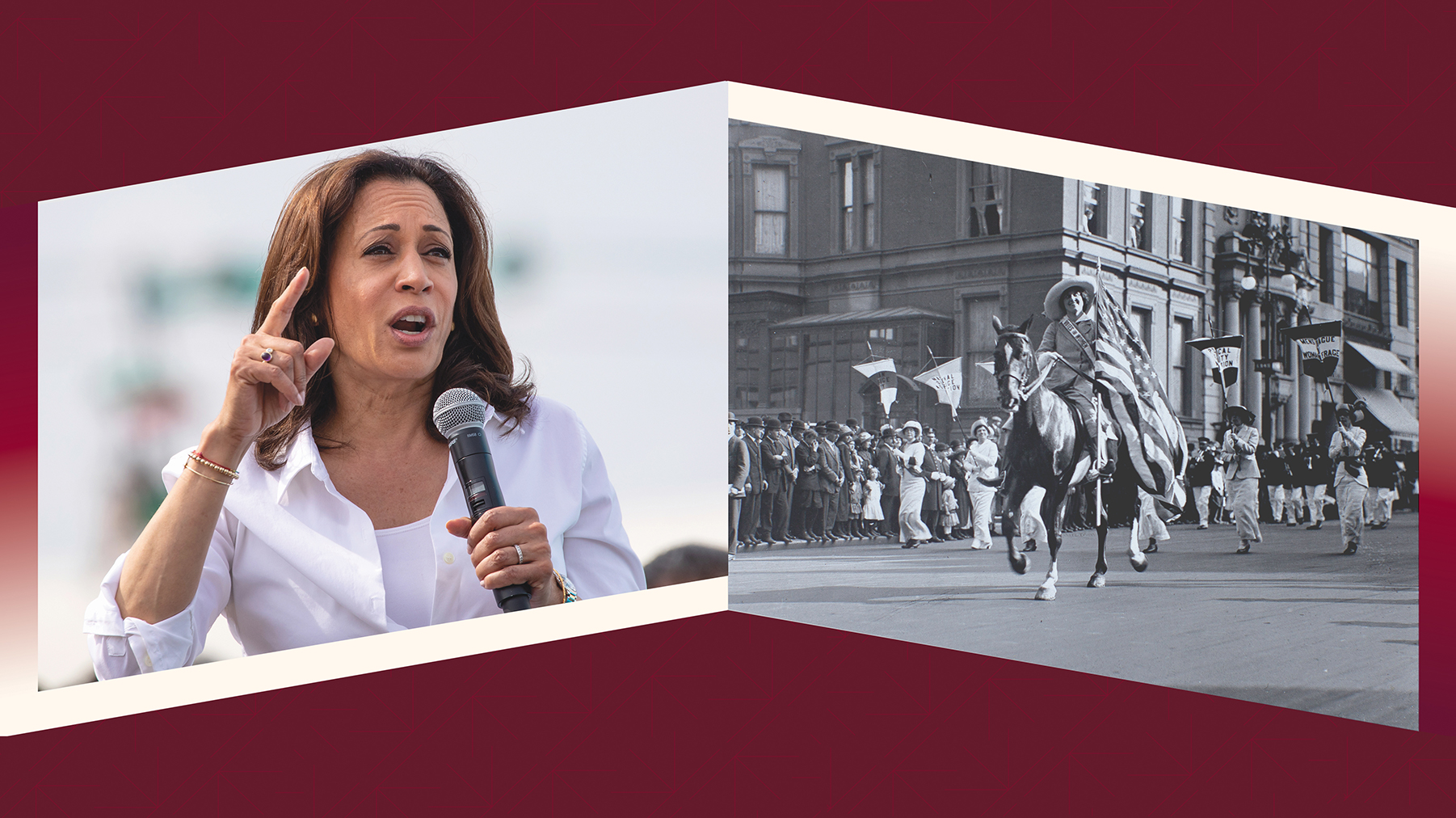
That’s the consensus of a Vassar alumna who holds elective office and three faculty members whose work focuses on the American political system, including one who also holds public office. The observations were offered, as the nation celebrates Women’s History Month, by Maryland State Sen. Cheryl Kagan ’83, Assistant Professor of Political Science Taneisha Means, and History Professors Miriam Cohen and Rebecca Edwards. Edwards serves on the Dutchess County Legislature.
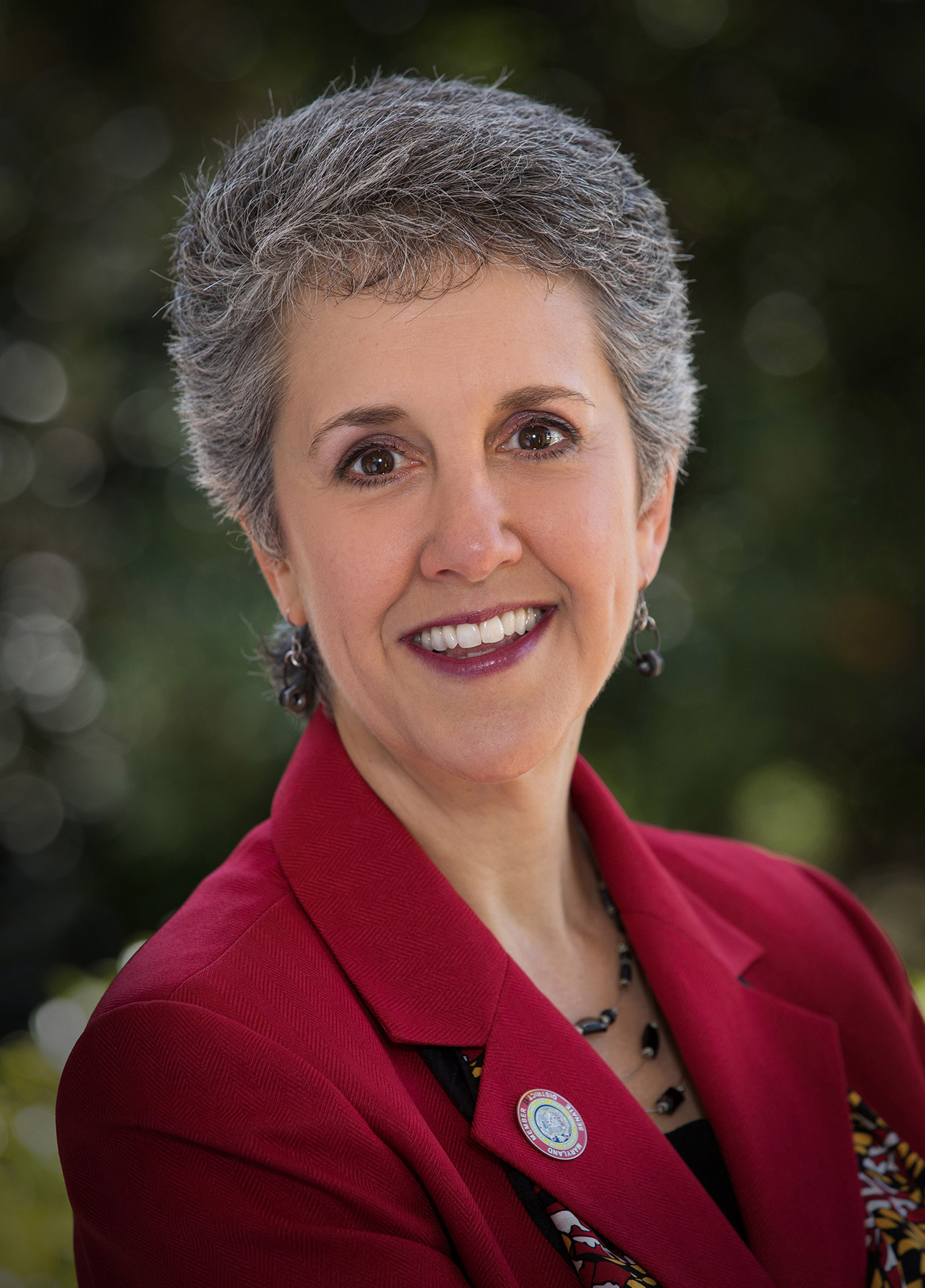
Kagan, who is serving her second term as a Maryland State Senator and previously served in the state’s House of Delegates from 1995 to 2003, said she remembers exactly where she was when she heard Joe Biden had selected Harris as his running mate. “I was shopping at Costco when I got a call from my chief of staff,” she said. “I literally started jumping up and down screaming and crying. I spent the next few minutes running up to other women in the store to let them know about it.”
Kagan said Harris was one of her top choices, along with Sen. Cory Booker of New Jersey, for the presidential nomination during the Democratic primaries. “I was a Harris fan,” she said. “I admired the way she had interrogated the nominees for the Supreme Court. And then add to that her ethnicity—the glass-shattering aspect is extraordinary.”
Kagan became interested in politics during her first year at Vassar and worked the following summer as a member of Sen. Ted Kennedy’s presidential campaign staff. She remained involved in Democratic politics after she graduated and was living in the Washington, DC area. She was working for the National Abortion Rights Action League (NARAL) in 1984 when Democratic presidential nominee Walter Mondale picked Congresswoman Geraldine Ferraro (D-NY) as the first female to run for vice president on a major ticket. “I remember being just thrilled about that at the time,” she said.
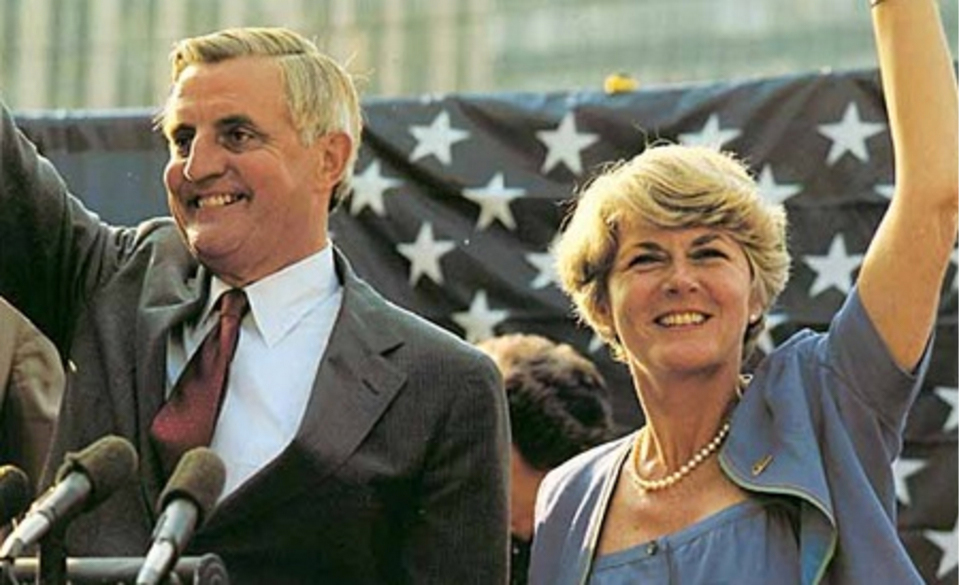
When a seat in the Maryland House of Delegates opened up in 1994, Kagan decided to run. She learned firsthand that being a female candidate had its unique challenges. “As I knocked on doors to talk to voters, I was asked, literally every day, how old I was, whether I was married, and whether I had kids,” she said. “A man who was running that year told me he was never asked any of those questions.”
Kagan didn’t encounter such treatment during her more recent campaigns when she ran for the State Senate, but she said she was dismayed to see how much gender discrimination Hillary Clinton had encountered in her 2016 presidential campaign. “It was depressing to see the double standard she faced,” she said.
Kagan said that while Harris’s election will help erase some of the gender bias in American politics, it won’t eradicate it. She is committed to encouraging young women to consider a career in public service. “I hope being a state senator encourages young girls in my community to think about the possibility of running for office,” she said, adding that her Vassar experience had had played a key role in her own political career. “The magical aspect of Vassar is it enables you to think outside the box, to feel empowered to make change,” she said.
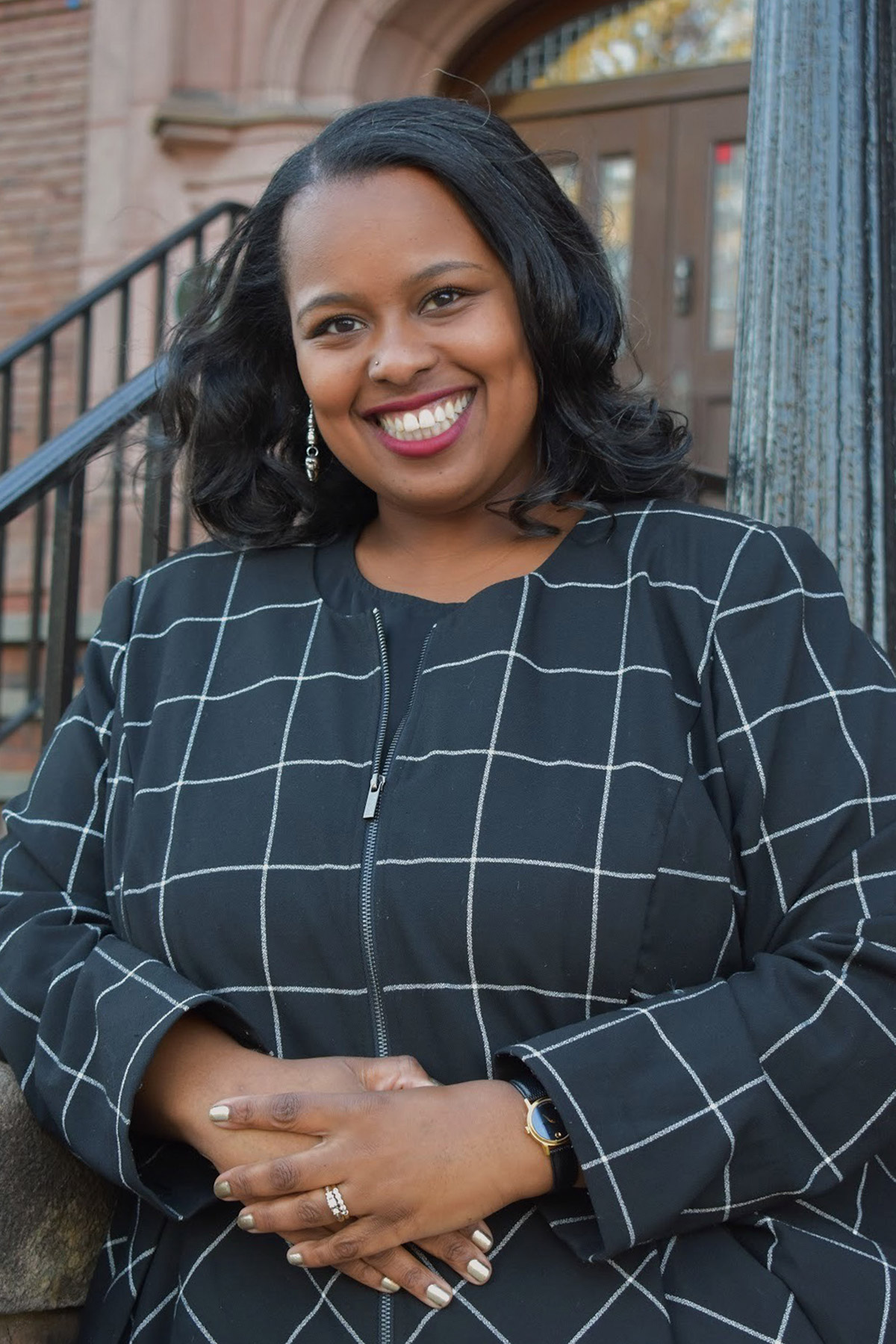
Means, whose research and teaching includes a focus on racial and ethnic politics, said she had just put her children to bed when she heard Harris had been tapped as Biden’s running mate. “I was overcome with emotion,” she said. “My son was old enough to know about President Obama, but my daughter was just learning about politics. I cried because I thought about what it would be like for her to know Black excellence in this way and to see someone like Kamala Harris, someone who looks a lot like her, in such a prestigious and powerful position.”
Means said she also thought about the women of color who had blazed the trail for Harris. “Most people think about Shirley Chisholm as the first Black woman to run for president,” she said, “but I also thought of Charlene Mitchell, who was a presidential candidate for the Communist Party in 1968.”
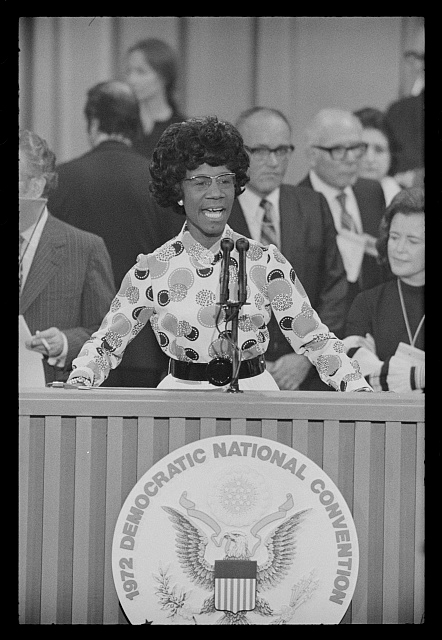
Means said those who ran for elective office weren’t the only ones who made Harris’s victory possible. “I thought about all of the Black women who have organized marches and voter registration drives and worked as poll watchers,” she said. “Black women have played a significant role in American politics for generations. They haven’t always been recognized outside of their communities, but I don’t know what the current state of politics would be without them.”
She noted that Black activist Stacey Abrams has been credited with changing the face of Georgia politics by organizing voter registration drives there over the past several years. “Those efforts have radiated across the country,” Means added. “Stacey didn’t just motivate people in Georgia.”
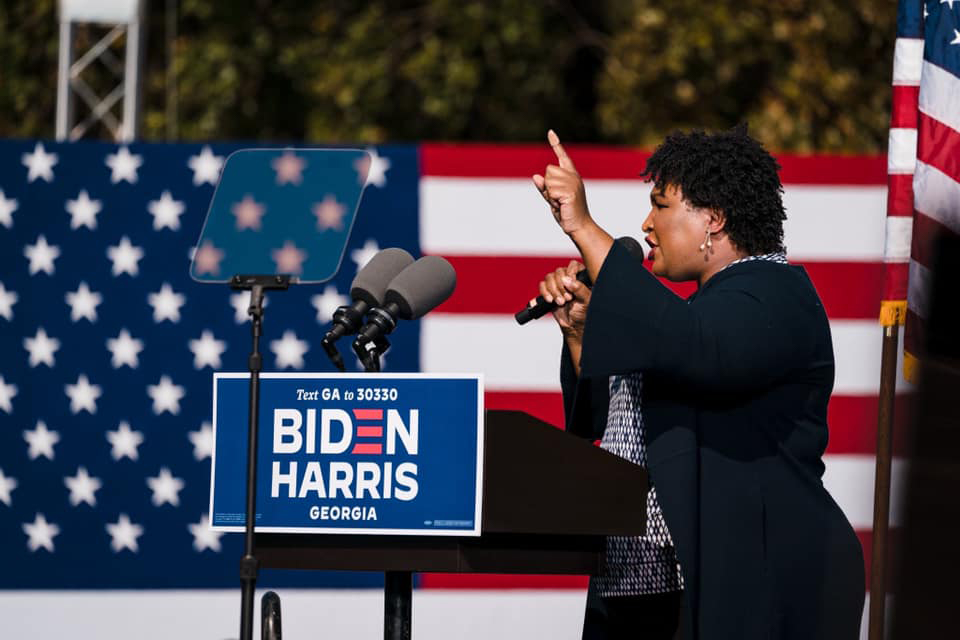
Means said Obama’s presidency and Harris’s election as vice president have not only inspired Black men and women but others as well. “Both Obama and Harris (the daughter of an Indian mother and Black father) are biracial,” she said. “The significance isn’t just for the Black community.”
Means also noted that some of Harris’s harshest critics have come from members of the Black community who point to her record as a prosecutor in San Francisco. “Harris was there in an era where law enforcement, lawmakers and judges and prosecutors were all working in concert and the ramifications were that young black and brown people were taken out of their communities for really long periods of time,” she said. “It just shows that there are no perfect politicians; no one has it right all the time. Many people are giving her a chance, but they are questioning what her current commitments are and how she can address and be held accountable for her prior commitments and policies.”

Cohen, whose scholarly research has focused on the history of American women, said she believed Biden chose Harris as his running mate in part because he recognized the contribution and importance of women, especially women of color, in the current political landscape. “The story of American women’s struggle for citizenship rights in the 20th century until recently focused on the experience of white women, even though women of color were very much a part of that effort. In our time, the mobilization of women of color, both past and present, is more widely recognized,” she said.
Cohen noted that when the election was finally called and Biden and Harris appeared onstage in a rally in Delaware, Harris was wearing a white suit. “That was a tribute to the suffrage movement,” she said. “Women in the movement often wore white.”
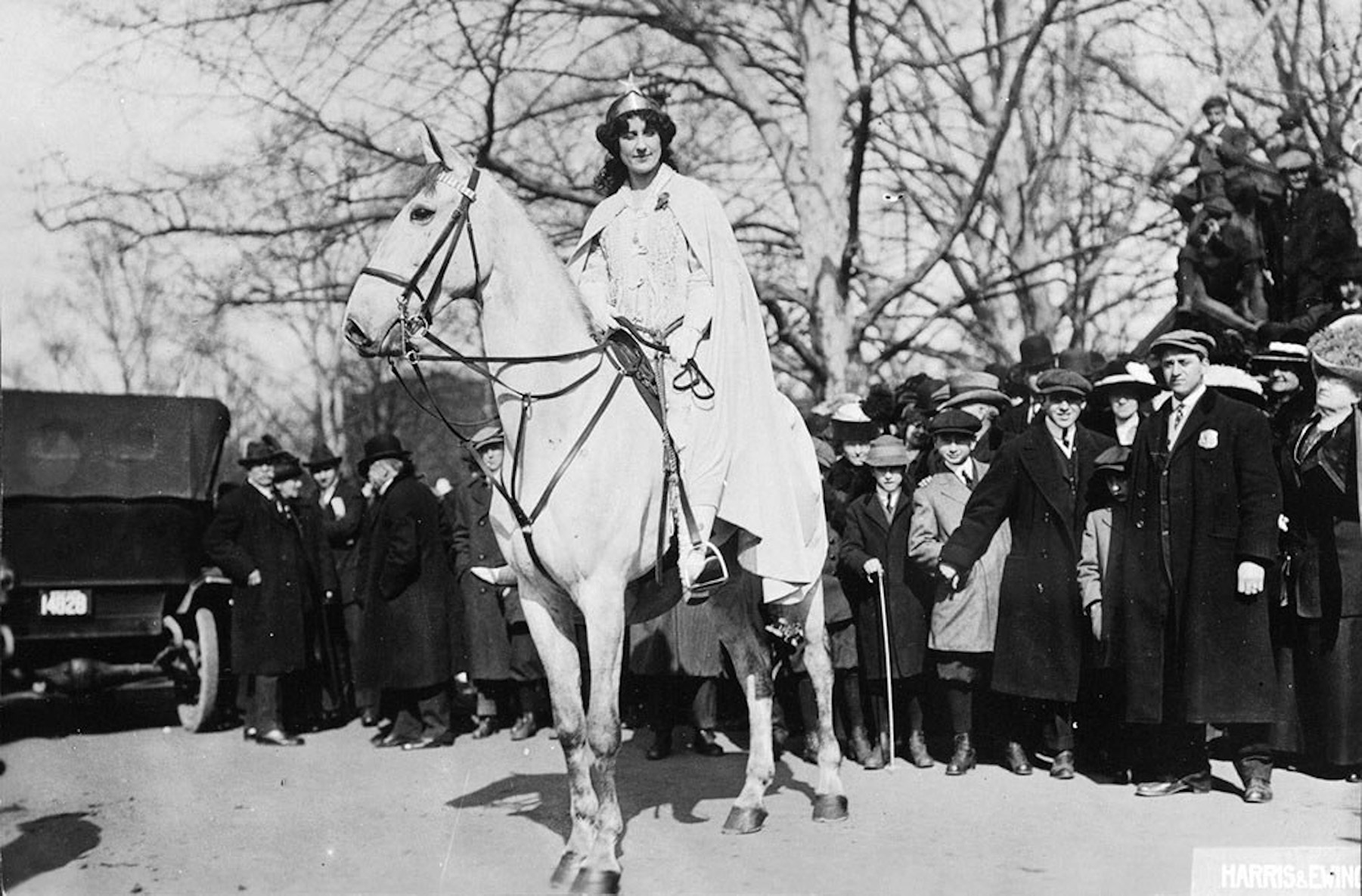
Like Means, Cohen said she believes that Stacey Abrams played just as important a role in the 2020 election as Harris. She said she made it a point to watch Harris being sworn in as vice president. “It was emotional,” she said. “It just matters.”
Edwards, whose scholarly work focuses primarily on politics in the 19th Century, decided to seek elective office following the 2016 presidential election. She is currently serving her second two-year term on the Dutchess County Legislature and has launched her campaign for re-election.
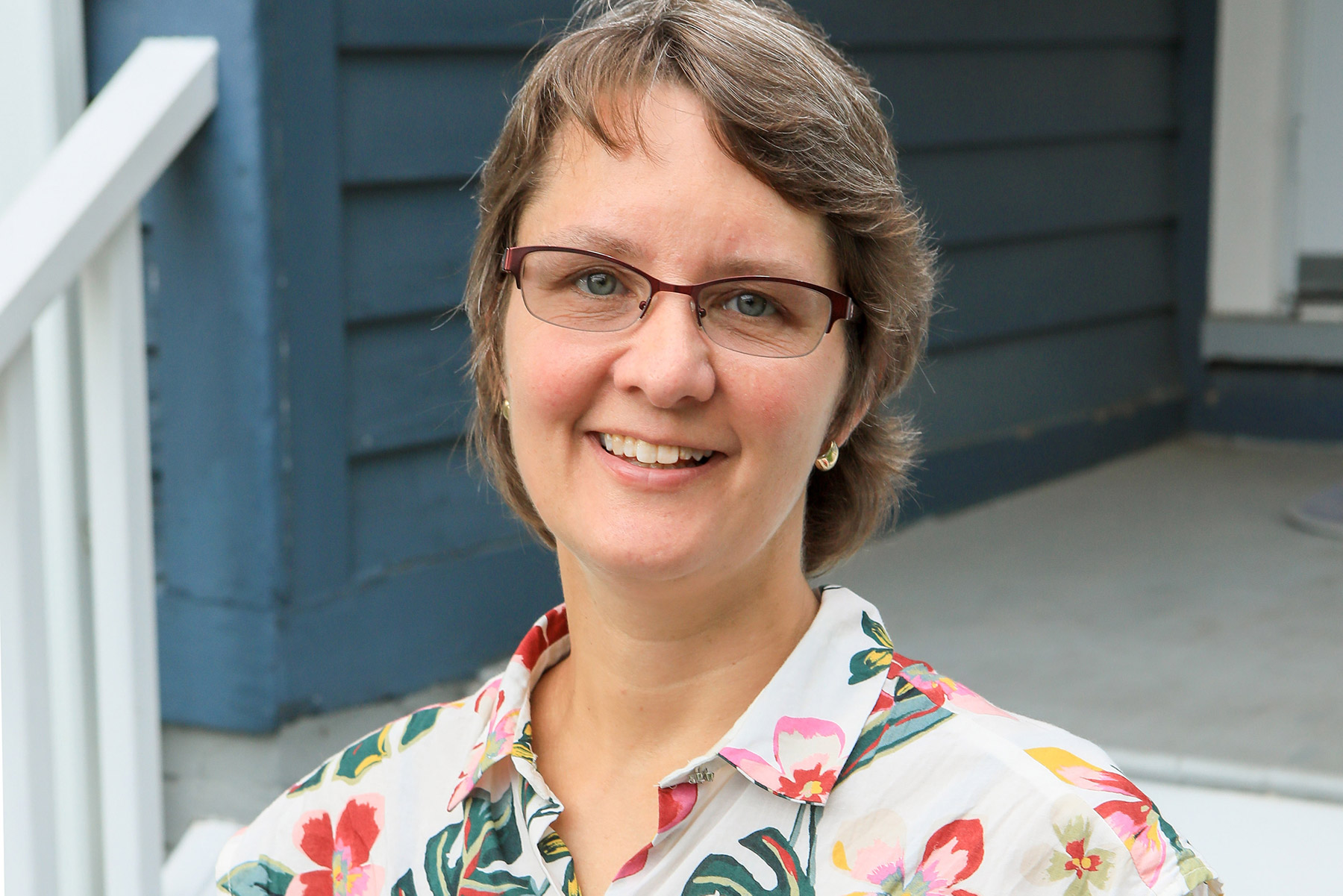
She said she and her students discussed the pending 2020 presidential race but added she viewed Harris’s victory as part of a gradual but steady progression of the prominence of women in politics. “There were other women in the Democratic primary races, and we had a woman as a presidential candidate in 2016, so I felt that (Harris’s) election was more like a gradation to the next step,” Edwards said.
As she gears up for her own campaign, Edwards said she was confident that women would play an even larger role in politics at all levels of government in the future. “I hope this is just another starting point, and that what people like Kamala Harris and Stacey Abrams accomplished will only increase in the broader political landscape in the future,” Edwards said. “People tend to over-emphasize presidential politics; in many ways, people are affected more by what decisions are made at other levels of government.”